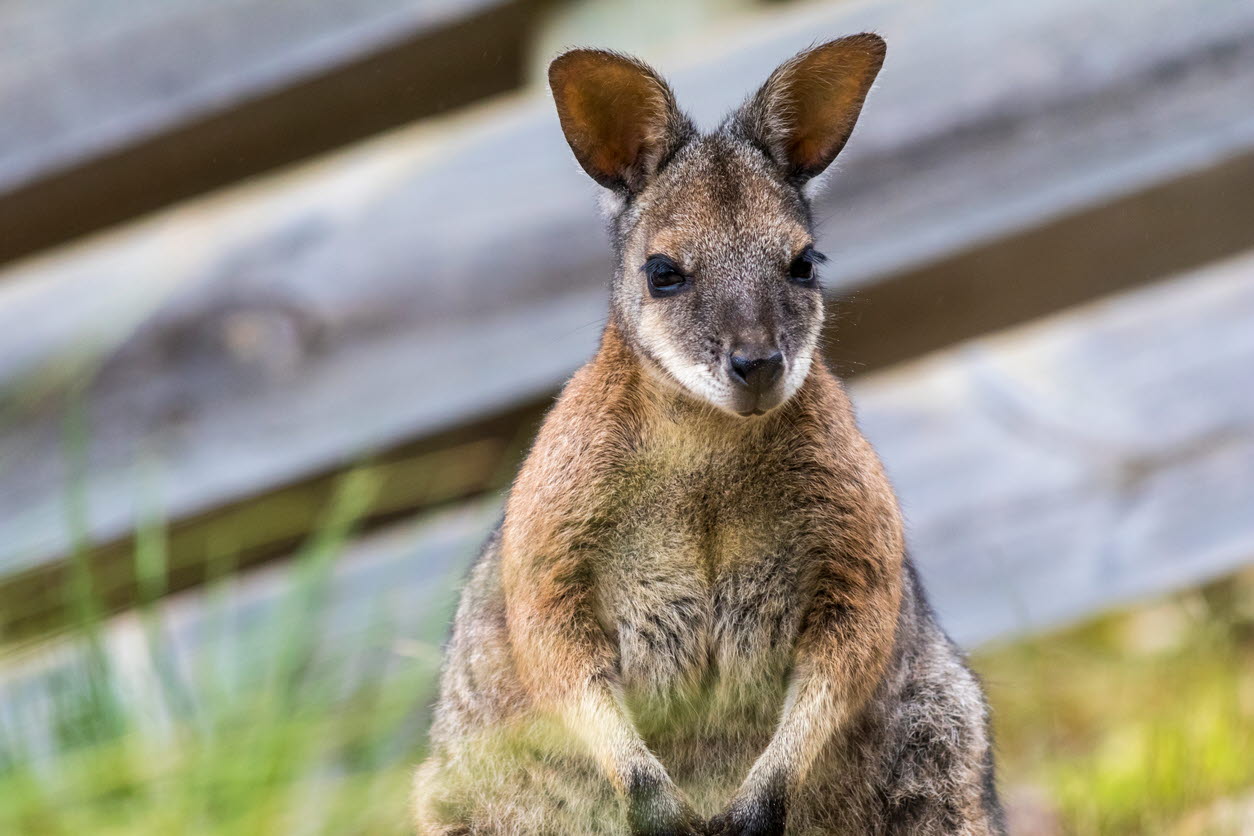
This October 4th is World Animal Day, where the international veterinary community unite to campaign for better welfare standards for all animals around the globe.
Australian veterinarians play a key role in the pursuit of this objective through their care of companion animals, livestock and wildlife, as well as through the ongoing implementation of biosecurity policies, environmental conservation measures and advocating for greater animal rights.
Vets also play a role in human health, contributing significantly to mental and physical wellbeing, and greatly assisting in food security and the prevention of diseases.
Through their care of companion animals, vets play a key role in facilitating responsible pet ownership and encouraging the human-animal bond. A great deal of research has been done on the mental health benefits of companion animals, with pet ownership associated with decreased distress, anxiety, loneliness and depression.
These benefits can be especially important for socially-isolated individuals (such as the elderly), those requiring assistance animals, or those with pre-existing mental health conditions.
In 2013, the American Heart Association released scientific findings that concluded that pet ownership, particularly that of dogs, contributed to a decrease in cardiovascular risk. This was attributed not only to the increased physical activity levels associated with pet ownership, but also in large part to the emotional support of a pet helping to reduce owner stress responses. Reducing stress can help support normal immune function and aid in the management of many chronic diseases.
Good veterinary care is particularly important for the physical health of immunocompromised people with pets, who may require accurate advice on zoonotic disease risk minimisation as well as more safety-conscious proactive and preventative healthcare for their pet.
Livestock and wildlife vets have long played an essential role in the maintenance of human health in regard to zoonotic disease prevention, food safety, epidemiology and maintenance of biosecurity. Historically, vets globally have been involved in the identification and control of major zoonotic diseases.
This work is now more important than ever, with many recent animal-associated disease outbreaks having severe human health and economic impacts, such as BSE (Bovine Spongiform Encephalopathy), H5N1 and H7N7 Bird Flu, Nipah Virus, SARS (Severe Acute Respiratory Syndrome), H1N1 Swine Flu, and MERS (Middle East Respiratory Syndrome).
On this World Animal Day, vets around the world can feel proud of their day-to-day contributions to animal welfare and human health and wellbeing.
To find out more about how you can contribute to the World Animal Day mission, please visit the World Animal Day website.
